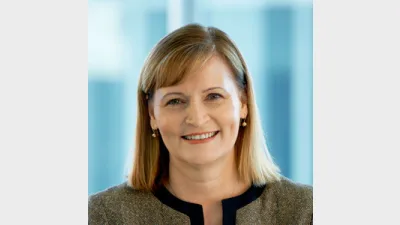Next super revolution spotlight should be on retirement



The superannuation industry has not yet jumped over two of the biggest obstacles to achieve an efficient retirement system - market risk and longevity.
That was the declaration from Queensland industry fund QSuper CEO Rosemary Vilgan at the opening session of the 2014 Association of Superannuation Funds of Australia (ASFA) conference in Melbourne.
Vilgan said the super industry retirement system is "good" at the moment but should be aiming for better, and eventually, the best.
"Best is a well-funded member happy they can rely on this industry," she said.
She said a "better" super system is where there are "great defaults" to answer three questions.
"How much will I have at retirement? What income will it produce and for how long? Is this industry thinking in both asset and liability space? Much much better is us being measured on this," she said.
The ideal member would've received sound financial advice; they do not look at their financial assets as just a number but they consider their assets relative to their desired retirement lifestyle, she said.
She also stressed the need for collective decumulation vehicles to address longevity risk. She recommended that members should pay premiums over extended periods.
"We may not be able to avoid a car crash of ever increasing longevity but we can introduce airbags that will avoid every member worrying about how long they will live," she said.
Recommended for you
Cbus CEO Kristian Fok has criticised lead generators promoting superannuation switches, with the Shield and First Guardian problems being the “tip of the iceberg” for super members.
A global report from Mercer shows that pension systems with no or limited restrictions tend to perform better, while sharing recommendations on how Australia can improve its ranking.
Australian super funds have extended their winning streak into September, as strong global equities and resilient long-term returns boost member outcomes.
The super fund has appointed long-serving technology leader Richard Exton to its executive team, underscoring the fund’s digital transformation priorities.









